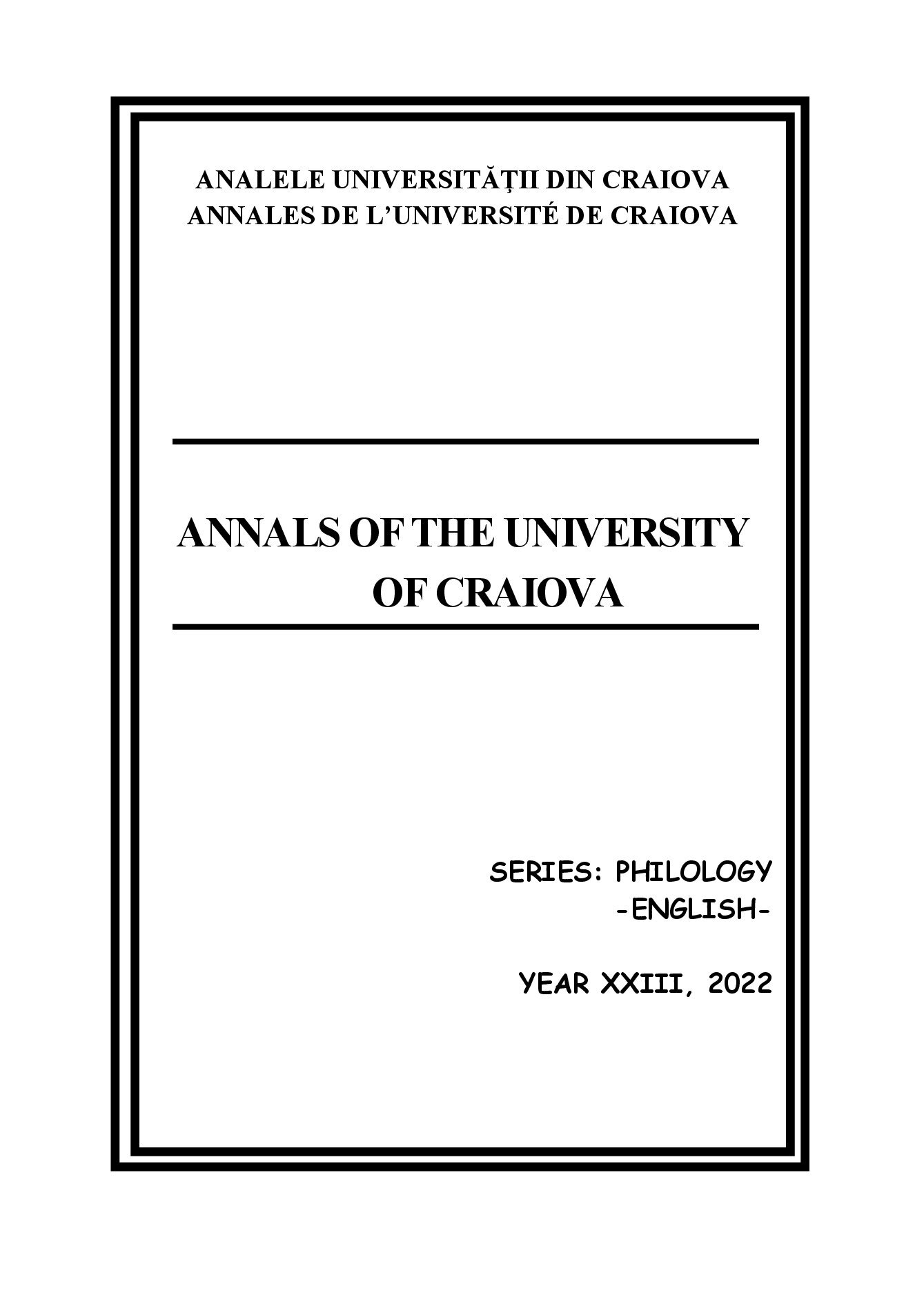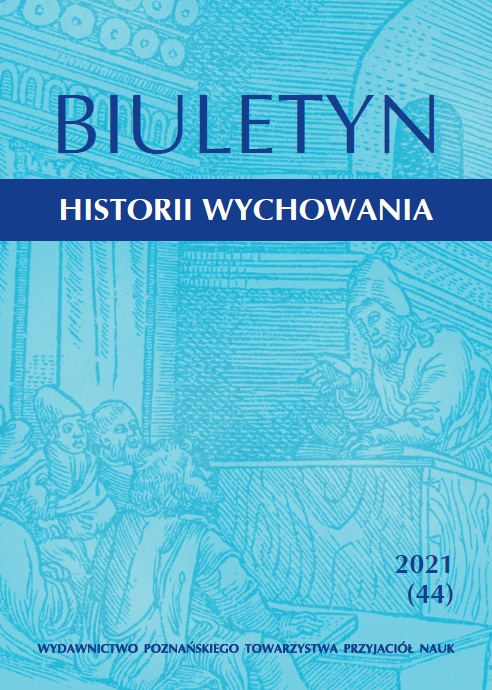Artificial intelligence versus human – a threat or a necessity of evolution?
Author(s): Izabela Oleksiewicz / Language(s): English
/ Issue: 3/2022
Keywords: artificial intelligence; human; threat; European Union; development
Currently, technologies are actively shaping and intensifying the time of implementation of artificial intelligence (AI) systems, while at the same time the so-called soft skills that employers are looking for in future employees are becoming increasingly important. Thus, in today’s situation, we have the possibility to use automatons and robots that successfully replace humans in many tasks, while at the same time there is a need to create teams based on such qualities as empathy, communication, ingenuity, intelligence and, above all, humanism, whose importance in creating a business perspective cannot be overestimated. The aim of this article is to analyse the research problem in case of social robots and the probable legal status of artificial intelligence in the future. The article will discuss the differences between artificial intelligence versus artificial consciousness. AI poses societal challenges, it is currently undergoing a number of important developments, and the law must be rapidly changed. Firstly, the difference between artificial intelligence and artificial consciousness is attempted to be demystified. Subsequently, the analysis of current legal status of Artificial Intelligence in EU will be conducted. Cyberspace and the Internet revolutionised human life. It brings benefits, but also hitherto unknown risks. However, this is an inherent problem of human development. Every new technology, every new invention has its advantages, but also disadvantages. It would seem that autonomous systems, using artificial intelligence, are a panacea for such problems. Perhaps so, but the security of cyberspace depends on a variety of factors that are sometimes beyond our control or, from another perspective, we ourselves create the threat, inspire it intentionally or through inadequacies, ignorance, and negligence.
More...





